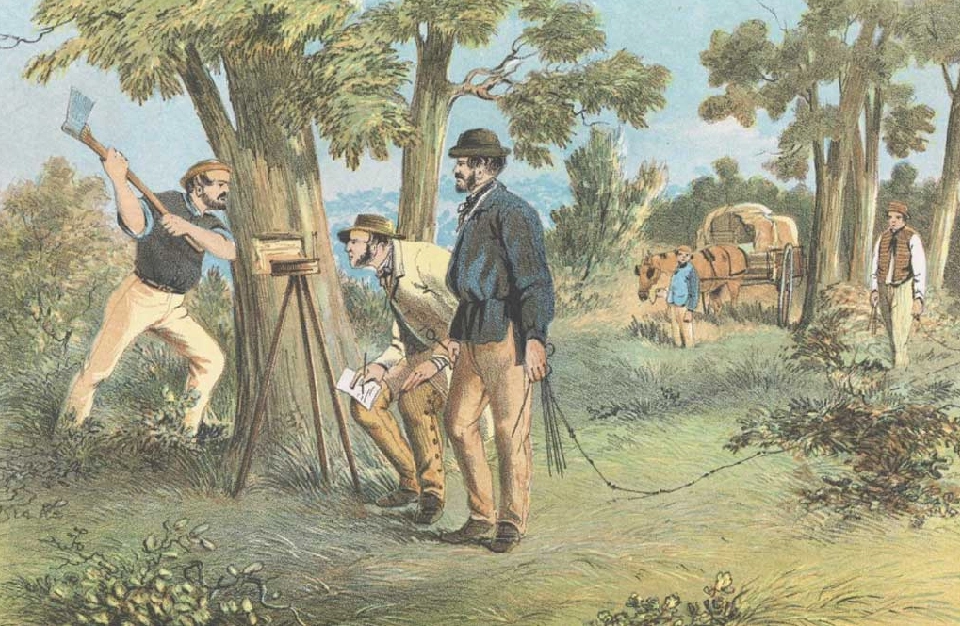Terra Nullius
Info.
The terms means “unoccupied territory”, or “nobody’s land”, or “land with no owner” in Latin, the language of ancient Rome. When wishing to give dignity and mystery to their ideas, people of European culture like to use Latin so as to impress it upon others that the idea is very old and therefore very legitimate. This is one such example.
Much of Western civilization’s law, and the principles behind it, are rooted in ideas from Ancient Rome. This is partly because Europe’s current civilizations do not go much further back than that, or started from there. Terra Nullius is one of the oldest principles of European Laws.
By making their laws the initial foundation for International Law also, Europeans then decided that land classified as terra nullius may be taken over by an occupying power. Sometimes, European conquerors would take over other peoples’ territories claiming that they found no-one there while exploring.
But being absent from a place (maybe due to famine, or an epidemic, or a seasonal migration, or ritual) does not mean one no longer owns it.
In any event, even where they did find people in place, and still wanted their land, then the Europeans would simply decide that those people were not “real” people, and therefore could not really be “owners”. See the Spanish conquest.
The problem here then became not the concept of the land in question itself, but the concept of what “people” are. Greed for other peoples’ land drove Europeans (and many others) to claim that other people were not people. This is the beginning of European racism.




